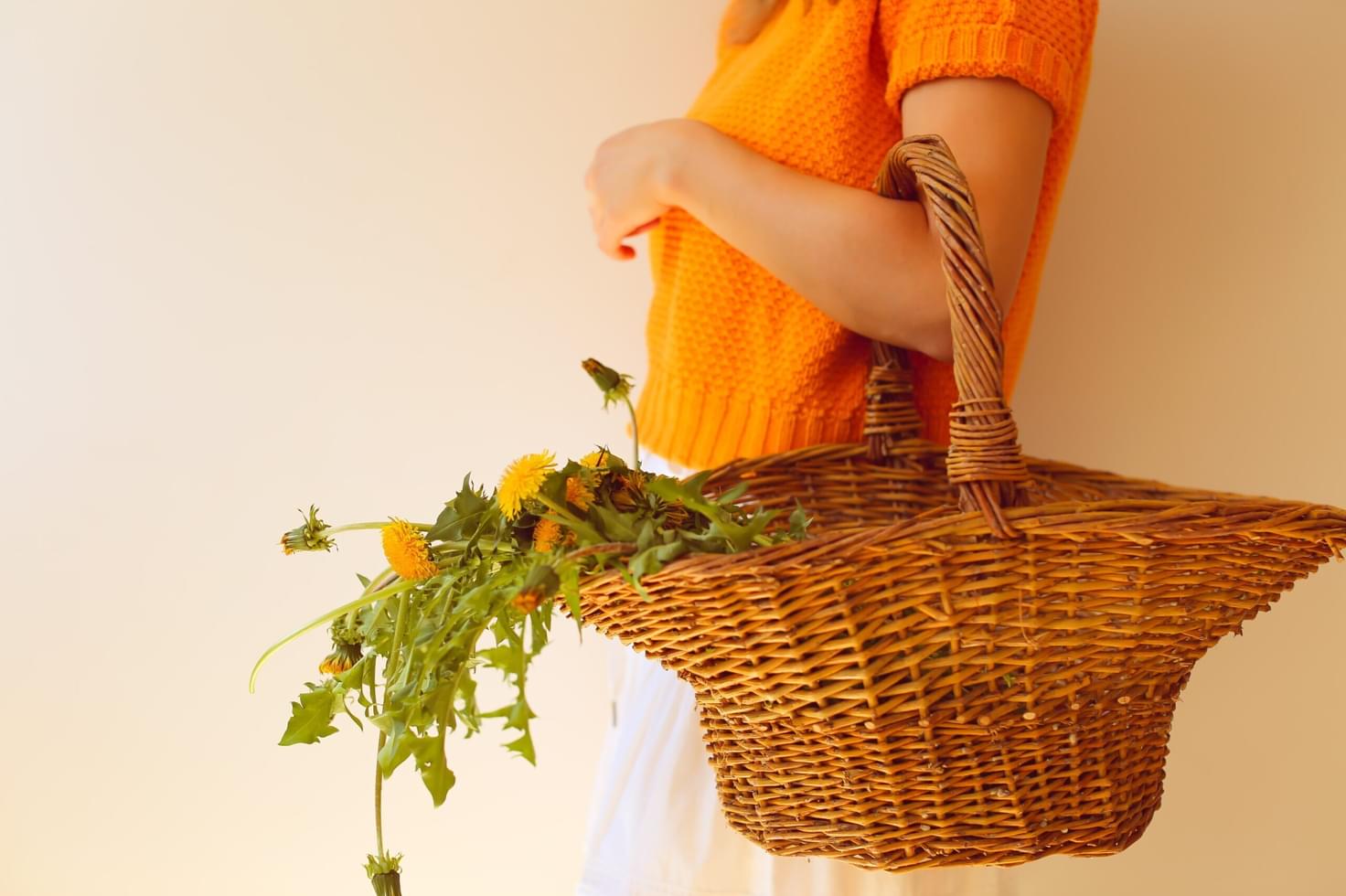
Words by Abi Scaife
Not sure about going 100% vegan but wanting to make your eating habits that bit more planet-friendly?
We’ve got some easy tips to make that transition as smooth as dairy-free butter.
GO DAIRY FREE.
Like your steak but conscious of your carbon footprint? Consider cutting out the dairy - things like milk, cheese, yoghurt, kefir and other products. You can make the switch to dairy-free alternatives, or just embrace that black coffee life.
According to a University of Oxford study, producing a glass of dairy milk results in almost three times the greenhouse gas emissions as a glass of plant milk.
BUY SUSTAINABLE MEAT.
If you really don’t want to give up meat, or if you’re already on a fairly restricted diet, there are still measures you can take to make sure you’re being planet friendly.
Not all meat is made equal - some have a bigger carbon footprint than others and, with a little research, it’s easy to find out what works best. Food charity Eating Better tells us that more and more farmers are opting for sustainable ways of farming both meat and dairy, which are better for us, the animals, and the planet!
REDUCE YOUR WASTE.
Not always easy, but a definite way to make your food habits more planet friendly is to limit your waste - both food, and packaging.
Be more mindful of the food you need before you buy something and, if you can get things like vegetables loose rather than in plastic packaging - all the better! Only buy what you need, and what you’re going really to use. Keep Britain Tidy has some great ideas on ways to reduce your waste.
FORAGE AND GROW YOUR OWN FOOD.
A windowsill is enough to grow your own food - even if it’s just a few herbs, or one, lonely bell pepper plant. Although buying seeds and pots and such requires a little upfront cash, you can get all of these things for free, or cheap, if you know where to look. Besides, when you get going you’ll grow more than enough to save you some money - plus, you’ve got a new hobby.
If you don’t have space, or you’re not interested in gardening, there’s still plenty of free food outside. Just make sure to do your research so you don’t end up picking anything dangerous.
The Woodland Trust has a great guide on how to forage responsibly and sustainably.
PLAN AND PREPARE.
The best way to make sure you’re not wasting food is to make a plan. That way, you can make sure you’re only buying what you need so that fresh food doesn’t go bad while you try to decide how you want to eat it (we’ve all done it!).
Plus, this means you can account for scraps and leftovers - save any vegetable peelings in a freezer bag for soups and broths, and have leftovers for lunch to save cooking. It feels like a lot of work at first, but you’ll soon be glad you did it!
DITCH THE 'BEST BEFORE' LABELS.
We can all get a little paranoid about the dates on packets and containers - but the truth is, a lot of the time they don’t matter. It’s much more important to judge the food by how it actually looks and smells - foods might go off before their ‘date’ or, if they’re well stored, may last much longer.
If something is a couple of days past its date but looks, smells and even tastes okay - it’s probably fine to eat. Plus it saves you money and prevents you from creating more food waste. WRAP has a great guide on how to know what to do with your food - and whether it's salvageable or not.
COMPOST AND RECYCLE.
If you have food scraps left over that can’t become something else (carrot peelings go on to make a pretty great soup!) like egg shells, they can still become useful by being turned into compost.
Set up a little compost spot outside, and you’ll soon have plenty of free, nutrient-heavy fertiliser for all those fruits and veggies you’re going to be growing. No waste, and free stuff - what more could you want?! Social Farms and Gardens have a great guide on how to get started with your own compost, if you're not sure how!